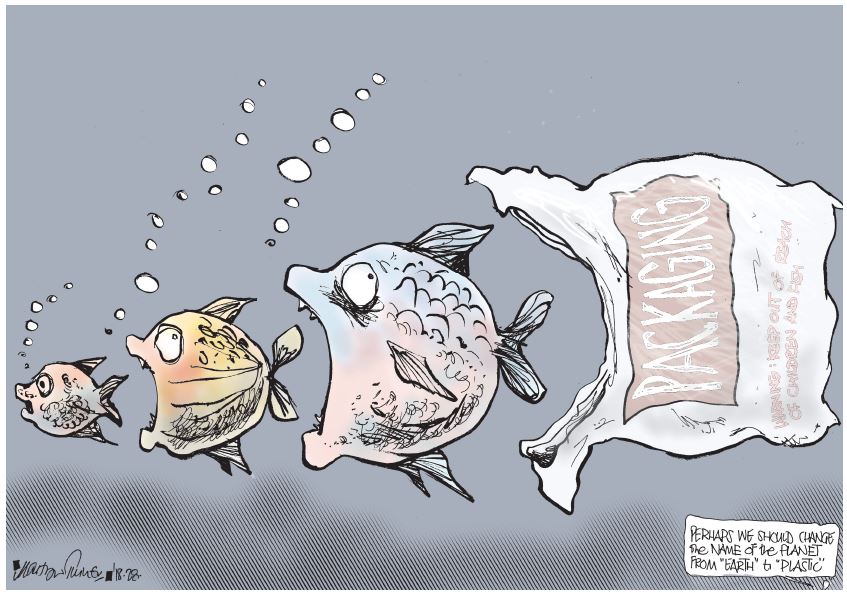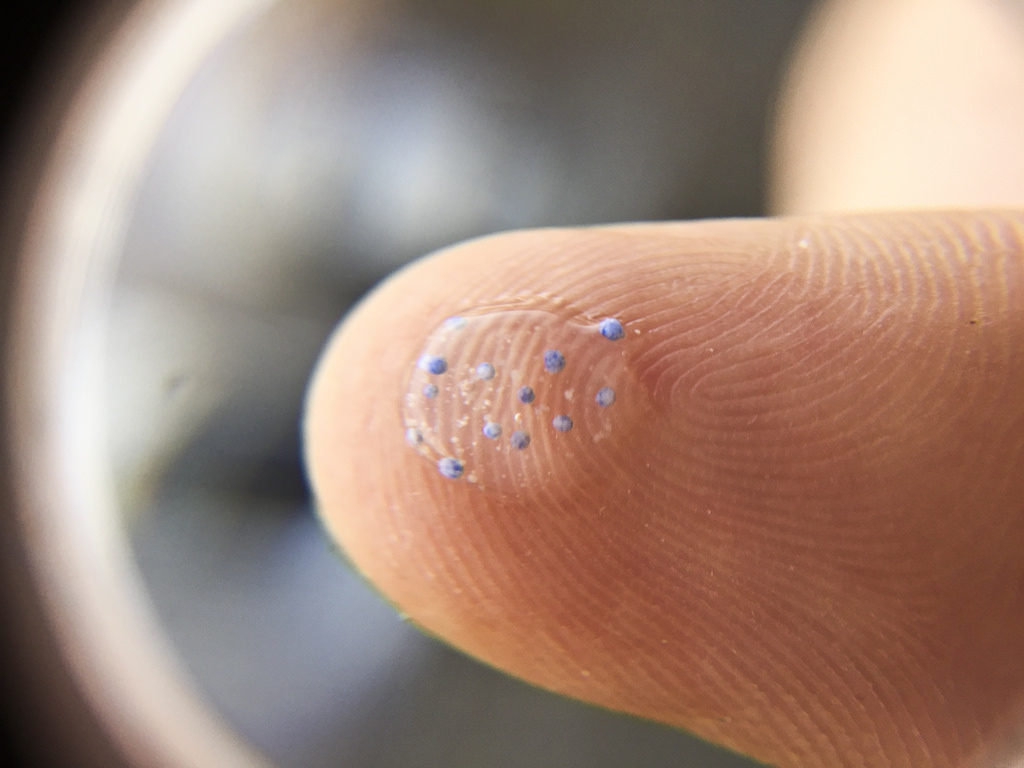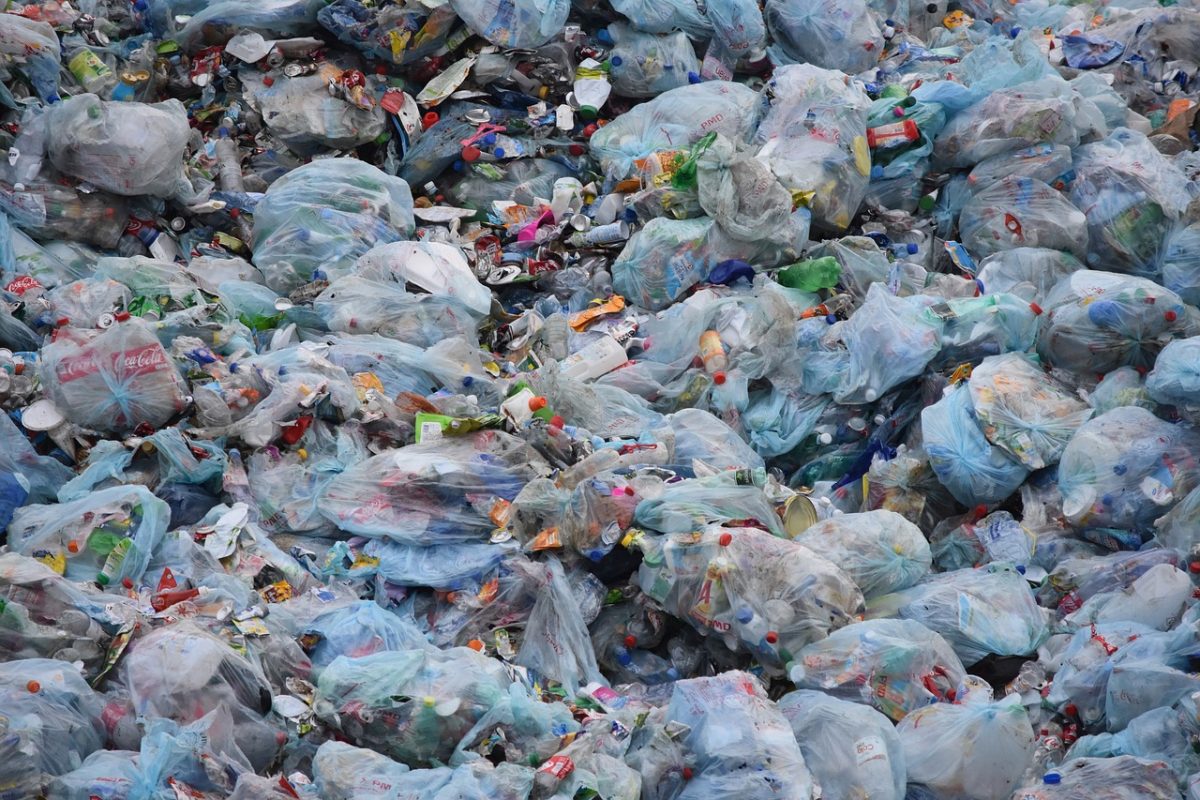Dublin City Council to ban disposable coffee cups in its offices

April 4th, 2018
Dublin City Council is set to bring in a ban on the use of disposable coffee cups and single-use plastics in its offices.
The Council has agreed to set up an internal committee to review a blanket ban on disposable coffee cups in-house and areas within their control.
The internal committee will re-evaluate catering agreements with suppliers, and work towards implementing the ban in markets, public parks, and cafes.
This will be followed by an extensive communications campaign to encourage the use of reusable coffee cups by the public.
A recent UN report revealed that a staggering 8 million tonne of plastic is finding its way into the ocean every year. It has been predicted by 2050 that plastics will outweigh fish in our oceans.
The move was spurred on by a series of motions submitted by Green Party Councillor Claire Byrne to the Environment Strategic Policy, who said that she is “delighted with this move”.
“This is a great step towards reducing general waste in the city and increasing our recycling rates,” she added.

Photo: Pxhere
“These types of measures, working in conjunction with organizations such as Conscious Cup Campaign, will take a large number of disposable coffee cups out of our waste stream.”
A similar move was made by Meath County Council in 2015 followed by Cork City Council in early 2017.
Reusable cups were distributed to the staff at these councils to alleviate the use of plastics and disposable cups from office.
The Reuse and Refrain policy have been a great success according to Meath Council’s environmental officer, Bernadine Carry.
The Green Party’s Waste Reduction Bill launched in June 2017 outlines plan for an outright ban on single-use non-recyclable plastics such as coffee cups and plastic cutlery by 2020. The bill also proposes deposit and return scheme for beverage containers.
The presence of microplastics in Irish waters is also a serious problem with a recent study led by National University of Ireland Galway revealed that 73 per cent of deep water fish sampled had microplastics in their gut.
Samples were collected aboard the RV Celtic Explorer during a North Atlantic crossing from Galway to St John’s Newfoundland. Over 450 microplastic fragments were extracted from the gut of different deep-water fish averaging at 1.8 microplastic fragments per fish.
[x_author title=”About the Author”]







